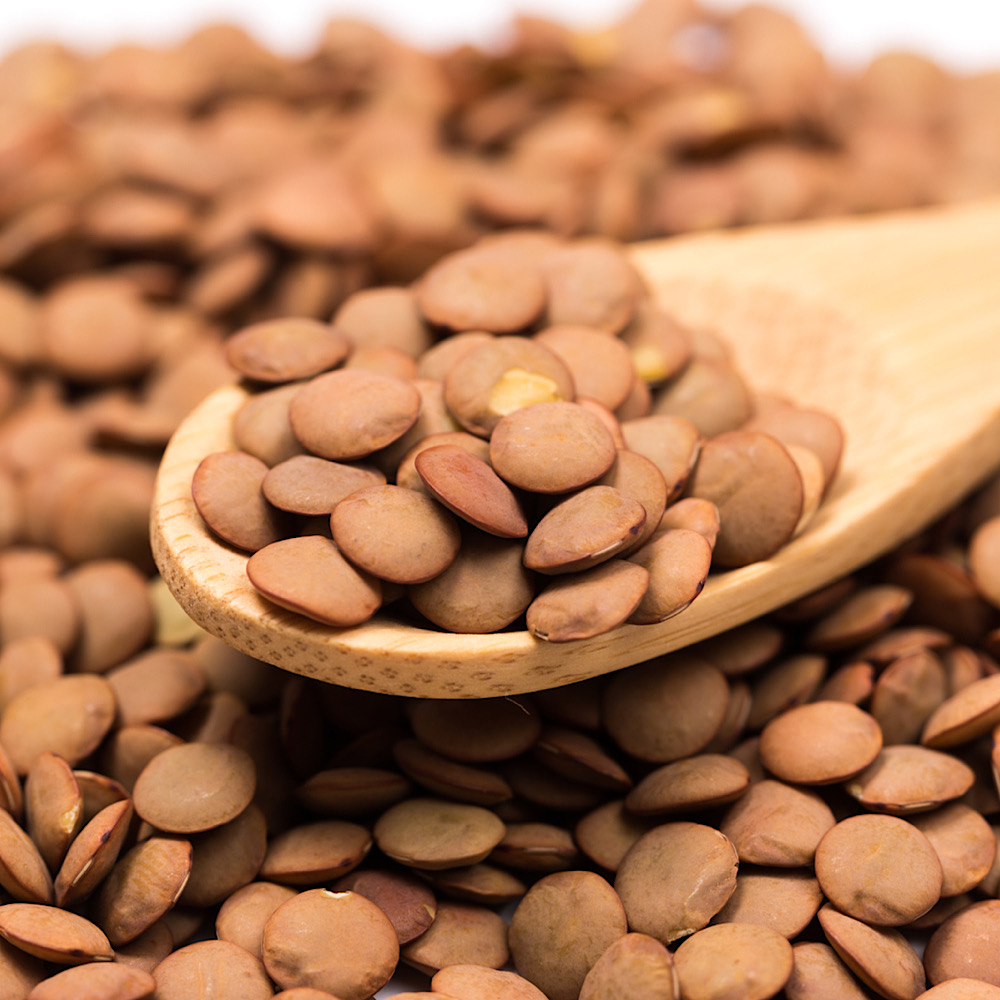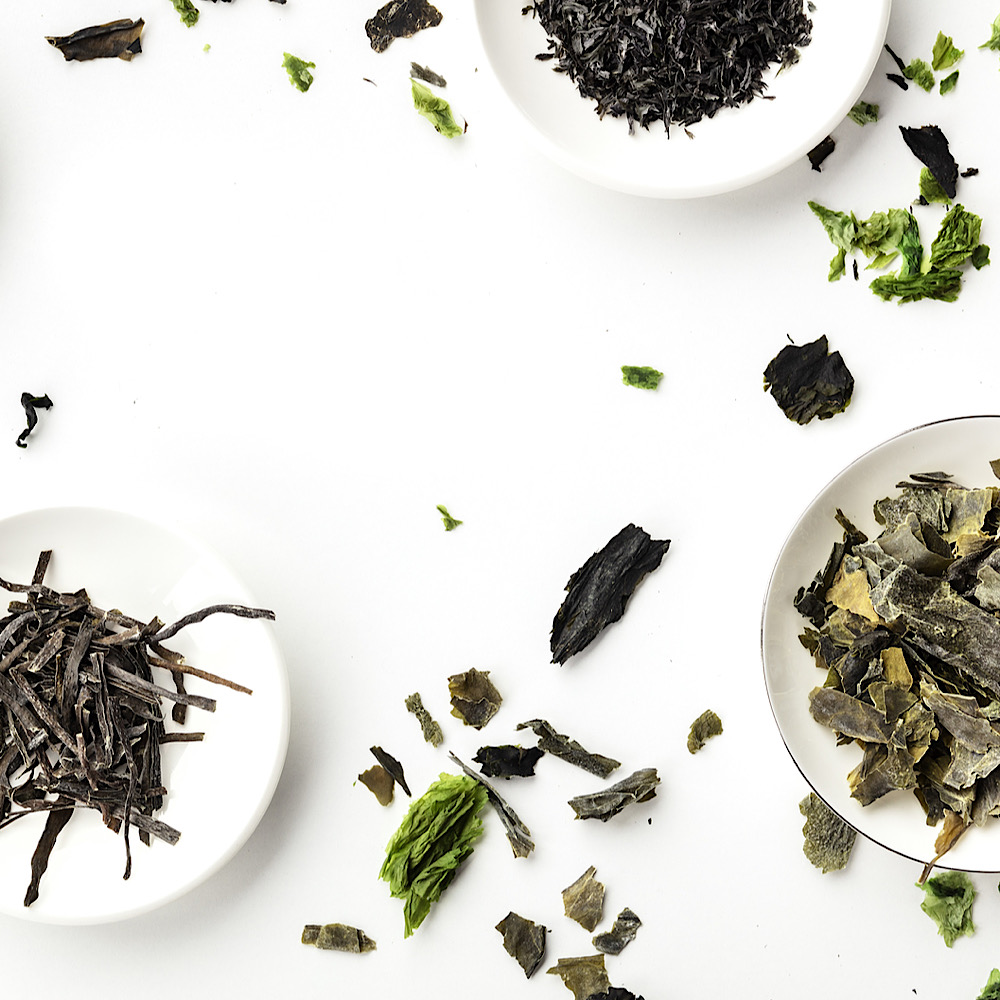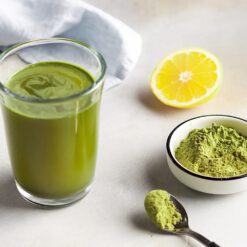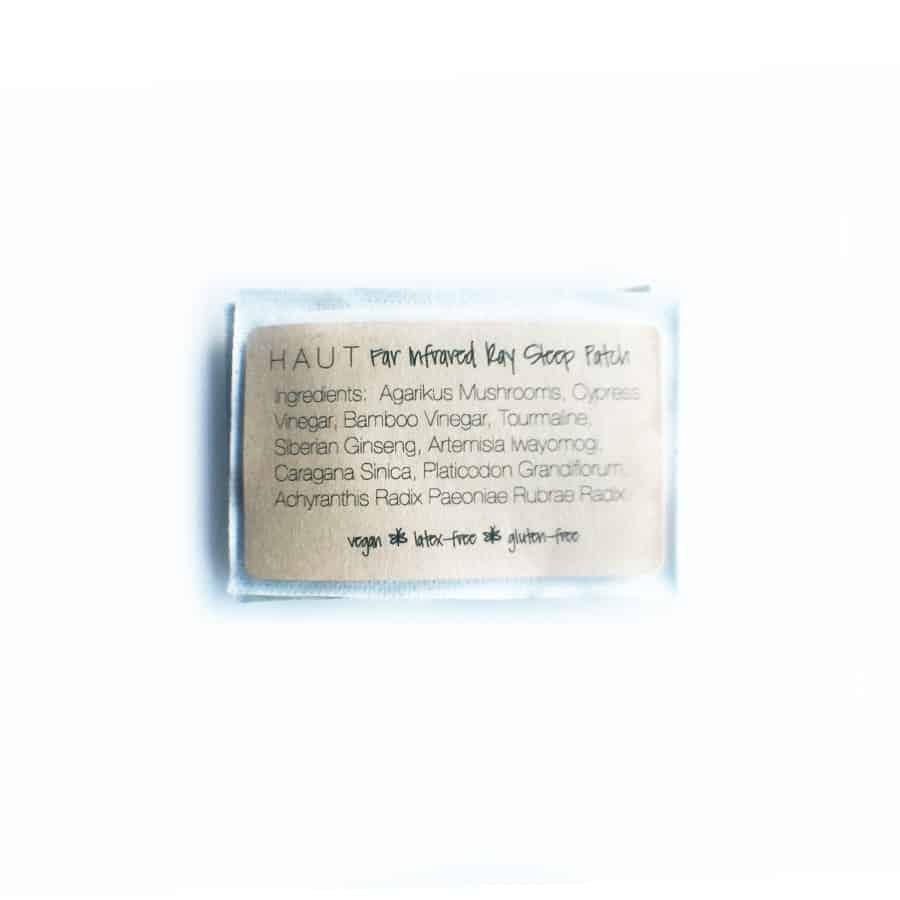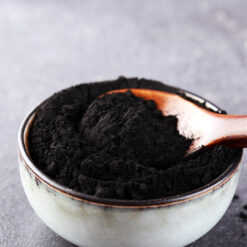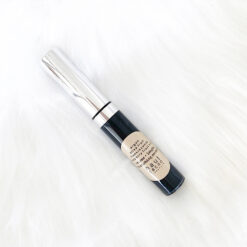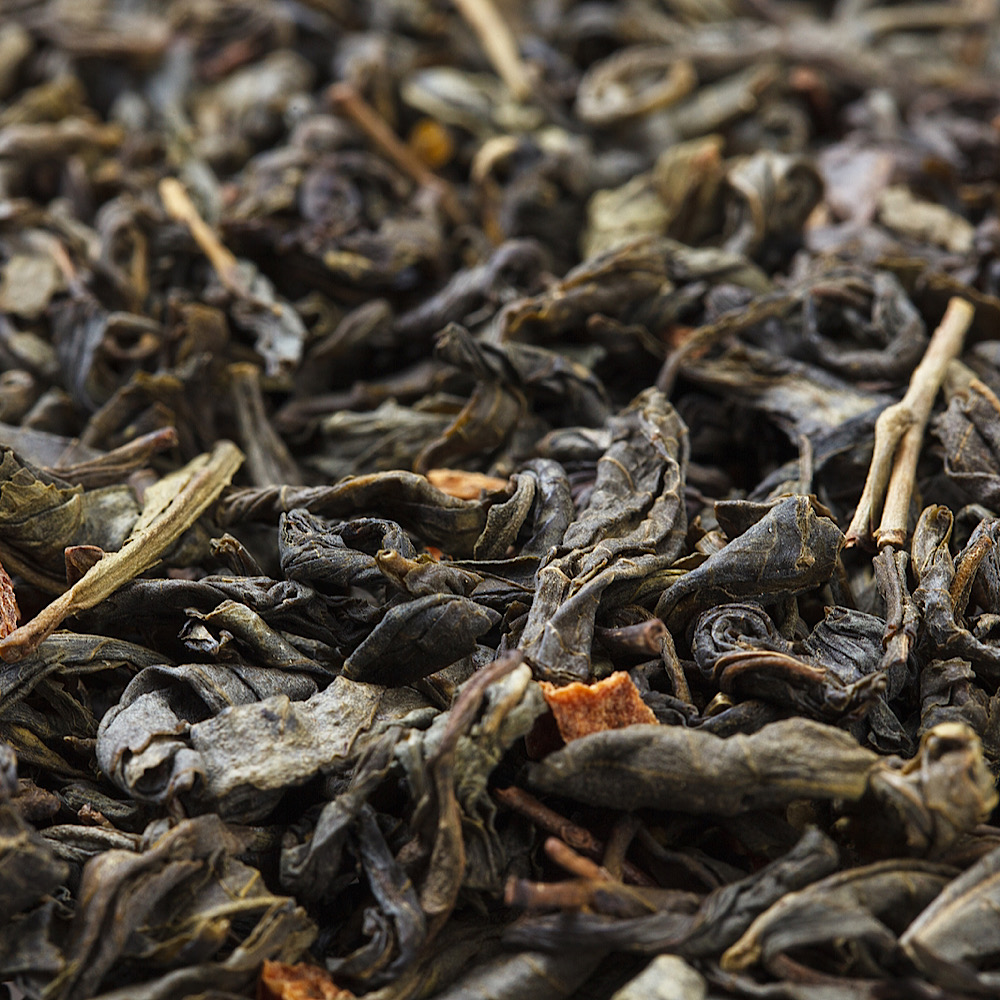ingredients
Lysine USP (12.75 mg),Leucine USP (11.19 mg), Phenylalanine USP (11.25 mg)
Valine USP (10.5 mg), Isoleucine USP (8.25 mg), Methionine USP (8.25 mg)
Threonine USP (8.25 mg), Tryptophan USP (3 mg), Tyrosine USP (1.5 mg)
*Phenylalanine is safe to use except by people with phenylketonuria, a rare genetic disorder.
active ingredients per patch: 74.94 mg
apply one patch in morning for 8-12 hours
2-3 patches a week
time-released
lactose-free
gluten-free
soy-free
3 month supply
30 patches
benefits
LYSINE – is an essential amino acid that your body needs but cannot manufacture. It plays an important role in the production of carnitine and the formation of collagen, a substance important for bones and connective tissues including skin. Lysine minimizes anxiety. Because L-lysine may help your body absorb calcium, which is another beneficial nutrient for anxiety sufferers, this may be one of the primary ways in which it helps treat anxiety. In addition to helping you absorb calcium more efficiently, L-lysine behaves like a serotonin receptor antagonist. That’s a wordy phrase that means it partially binds to serotonin receptors in order to partially prevent anxiety responses. Lysine is particularly important for the immune system as it has a crucial role in developing antibodies. Additionally this amino acid has important antiviral properties. Studies have shown that it is especially beneficial for safeguarding against the herpes virus. The dietary source of this amino acid is lima beans, potatoes, and soy.
PHENYLANALINE is an essential amino acid most noted for being a precursor of tyrosine. Tyrosine is used to synthesize neurotransmitters such as dopamine, epinephrine, and norepinephrine as well as the skin pigment, melanin. Vitiligo is a condition where irregular depigmentation (loss of color) causes white patches of skin. L-phenylalanine may lead to some darkening or repigmentation of the white patches, particularly on the face. As an amino acid, phenylalanine is obtained from protein-rich foods. It was found that people with dark skin types have 8 times more enzymatic turnover of L-phenylalanine to L-tyrosine than those with light skin types.
METHIONINE is essential for the formation of healthy collagen used to form skin, nails, and connective tissue, and helps reduce the level of inflammatory histamines in the body. People with conditions linked to excessive histamine production, such as arthritis and chronic allergies, may benefit from methionine supplementation. It may help treat symptoms of pancreatitis and Parkinson’s disease. It has also been found to be helpful for treatment of urinary tract infections. Like d-mannose, methionine helps prevent bacteria from sticking to and proliferating in the walls of the urinary tract. Methionine also supports liver function by regulating glutathione supplies; glutathione is needed to help neutralize toxins in the liver.
TRYPTOPHAN Tryptophan is an essential amino acid that acts like a natural mood regulator, since it has the ability to help the body produce and balance certain hormones naturally. L-tryptophan plays a crucial role in lifting mood as the body converts the amino acid into serotonin. This is a neurotransmitter which is famous as the ‘happy hormone’ in our brain.Not only can tryptophan help you sleep more soundly, but it’s also been shown to offer protection against depression, anxiety and the numerous negative symptoms associated with high stress levels. Studies have found that tryptophan depletion worsens pain associated with tension headaches and migraines, plus can cause aggravated nausea and sleep problems experienced by many migraine sufferers. Soy beans contain a particularly large amount of L-tryptophan. Other sources rich in tryptophan include cashew nuts, walnuts, unsweetened cocoa powder, oats, and peas.
TYROSINE Tyrosine is a non-essential amino acid, which the body makes from its precursor phenylalanine. The body requires tyrosine for many functions. In particular, this amino acid is closely linked to nervous system function, metabolism and regulating mood. Tyrosine plays a key role in the production of neurotransmitters. Neurotransmitters are chemical messengers that carry signals between neurons in the brain and other cells. These chemical messengers in the body influence nerve function and mood. It is also possible that there is a problem in the metabolism of tyrosine in patients with depression. As a result, there is some research to suggest that tyrosine supplementation may help in the treatment of depression. The role tyrosine plays in the human body includes producing melanin (the pigment responsible for the color of your hair and skin). It is responsible for the regulation of organs that produce hormones, including the adrenal, thyroid, and pituitary glands. It also provides structure of proteins throughout the body.
Leucine makes up approximately eight percent of the body’s protein structures. It is one of the three branched-chain amino acids (BCAAs). The body uses it for muscle repair and growth together with isoleucine and valine. This amino acid helps to sustain nitrogen balance and energy supply during times of stress. These qualities make this amino acid particularly important for body builders and other athletes that require strength and stamina.
L-valine is important for removing toxins from the body. Specifically it helps to eliminate excess nitrogen. It can also help to transport nitrogen to other tissues throughout the body as required. Furthermore l-valine may help to treat gallbladder and liver disease, including alcohol and drug abuse induced organ damage.
L-threonine helps to produce antibodies to boost the immune system. The thymus gland is responsible for making T lymphocytes (T- cells). These cells fight off infections, and the thymus uses threonine to make T-cells. Ensuring that the body has enough threonine to support immune function is important to safeguard against a host of diseases. A large portion of l-threonine is absorbed in the upper reaches of the small intestine (ileum). Here this amino acid protects the digestive tract. Threonine is needed to produce the mucus gel layer that covers the digestive tract. This mucus is a barrier to digestive enzymes that can damage the intestines. Threonine is also used in other endogenous secretions. Hence, this amino acid is important for supporting healthy gut function.
tanning + vitiligo FAQS
How do amino acids accelerate tanning and even out white patches or vitiligo?
A 2005 study published in the journal, Molecular Genetics and Metabolism examined the rate of conversion of L-phenylalanine to L-tyrosine in vitiligo patients. The study also showed that UVB irradiation also increases the activity of phenylalanine hydroxylase for as long as 24 hours after exposure. Therefore, ultraviolet radiation is essential for increasing the conversion of phenylalanine to tyrosine and, thus the formation of melanin.
How can I achieve the best results in the least amount of time?
Applying CUSTOM CACAO TAN while applying these patches will increase results
tips for best results
suggested use: apply one patch to clean, dry skin once every three days. don’t continually wear patches in the same place. apply one patch to arms, back, stomach, and thighs. try to prevent patch from becoming wet. do not re-use patches. depending on your age and your body you may find that application of one or two patches a week is enough to increase and replenish your body’s hgh stores. it is best to consult your physician before using this product if you are taking any medications or are under a physician’s care for a medical condition. this product is latex, soy, and gluten free.
storage: store patches in aluminum packaging at room temperature away from excessive heat and moisture. do not store in the bathroom.
why patch
what happens when you swallow your supplements:
when you swallow a dietary supplement pill, it travels to your stomach, where the pill is immediately introduced to a powerful mix of digestive acids. depending on what other foods you’ve eaten, the supplements in you stomach remain there for up to 4 hours as part of the normal digestive process. during this process the supplements in the stomach continue to be degraded by powerful digestive stomach acids.
after approximately 4 hours, the remaining supplements’ nutrient value starts its journey into the small intestinal tract where it will be absorbed into the bloodstream and delivered throughout the body. studies have shown that on the average, as little as 2% of the original dietary supplement taken survives the digestive process and is absorbed by the body, dramatically reducing the dosage originally taken and its resulting effectiveness.
with a transdermal patch:
as soon as a patch is applied to the skin, body-heat activates the supplement formula and the nutrients begin to transit through the skin into the small blood vessels called capillaries that are plentiful under the skin. this is direct delivery of nutrients to the bloodstream or what is called transdermal delivery because nutrients are absorbed directly through pores in the derma (skin).
because the nutrient delivery process is done over a period of many hours while a patch is worn, we call this ‘time-release delivery’.
-maximum dosage absorbtion – patches allow you to absorb up to 10 times the dosage that comparable orally taken supplements deliver.
-patches release nutritional supplement ingredients directly into the bloodstream, bypassng the harsh acidic environment of the stomach and digestive tract that destroys most of the original nutrient value of supplements taken orally.
-patches deliver their nutritional supplement load directly to the bloodstream the moment a patch is applied to the skin, versus up to 4 hours with supplements taken orally that must pass through the stomach and digestive system.
-incredible convenience – there is nothing easier than applying a patch before bedtime or in the morning after showering, instead of having to remember to take multiple pills day after day.



